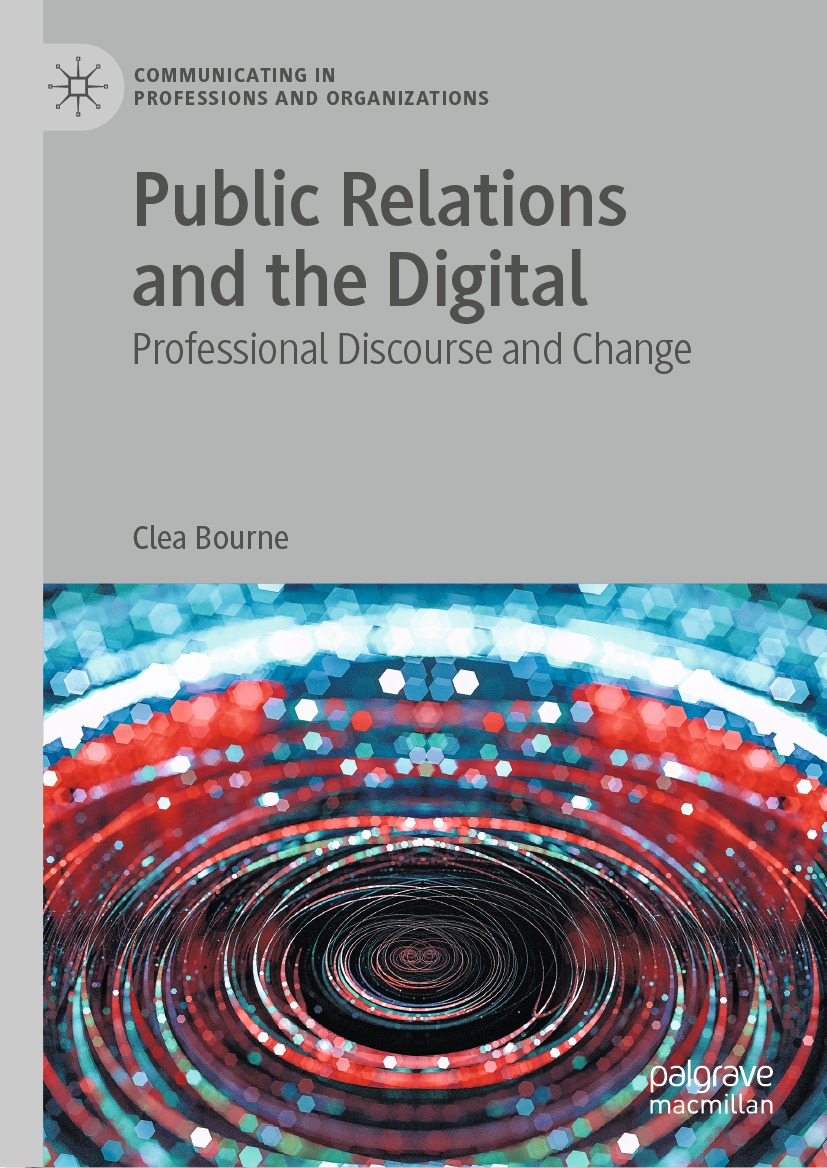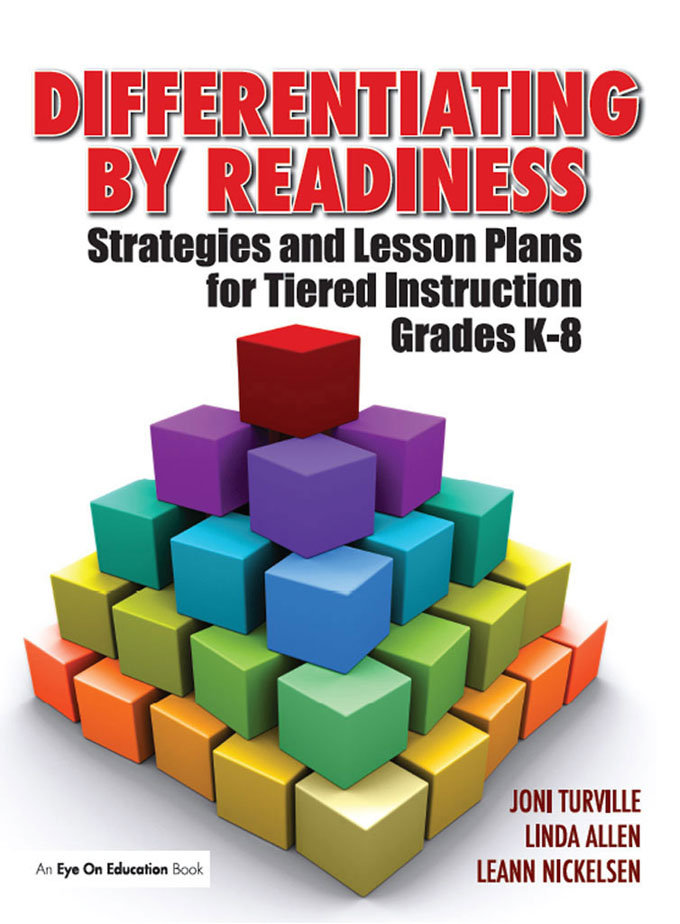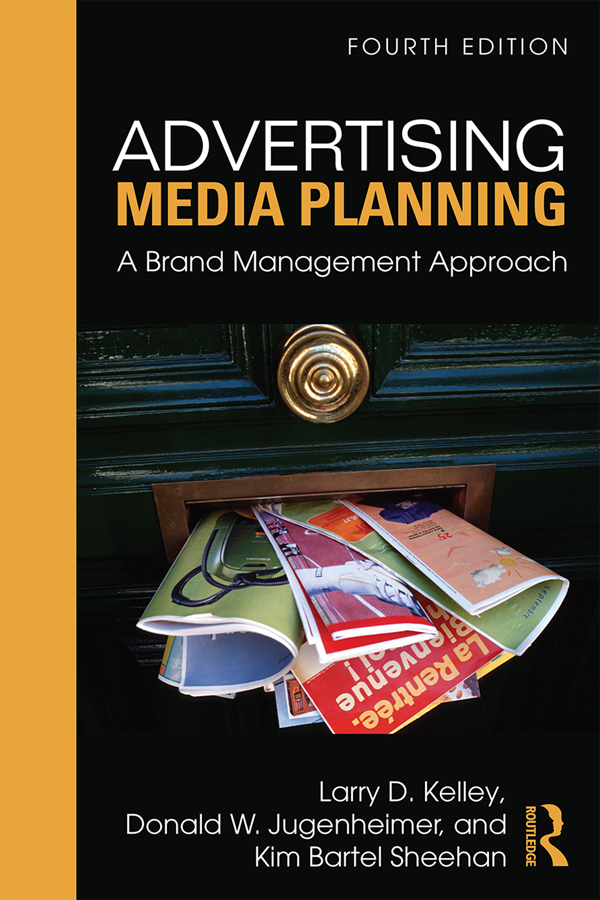A cornerstone of the professional relationship and a vital prerequisite to treatment, the diagnostic interview sets the tone for the interventions to follow. This welcome update to the formative reference includes coverage of foundational and advanced skills and strategies for effective diagnostic interviewing. Completely revised and updated to correspond to the DSM-5 and to reflect the latest innovations in theory and practice, the book offers a wealth of useful interviewing strategies and techniques. Specific interviewing approaches are discussed for diverse settings and diverse clients across a variety of presenting problems and disorders, as well as keys to ensuring that the interview process is effective and clinically sound. As with its predecessors, this volume emphasizes the value of the interview as the foundation for treatment planning, intervention, and the therapeutic relationship. Among the topics covered: Interviewing strategies, rapport, and empathy. Presenting problem, history of presenting problem, and social history. The mental status examination. Consideration of neuropsychological factors in interviewing. Specific disorders including depressive disorders, bipolar disorders, personality disorders, obsessive-compulsive and related disorders, trauma and stressor-related disorders, eating disorders, dissociative disorders, substance use disorders, and sexual disorders. Special populations, including children, older adults, and interviewing in health psychology and medical settings. Previous editions of Diagnostic Interviewing have been used in the training and education of diverse mental health professionals including psychologists, psychiatrists, social workers, and other clinicians such as marriage and family therapists and professional counselors. This Fifth Edition will continue this tradition, aiding students, new practitioners, and seasoned clinicians.












